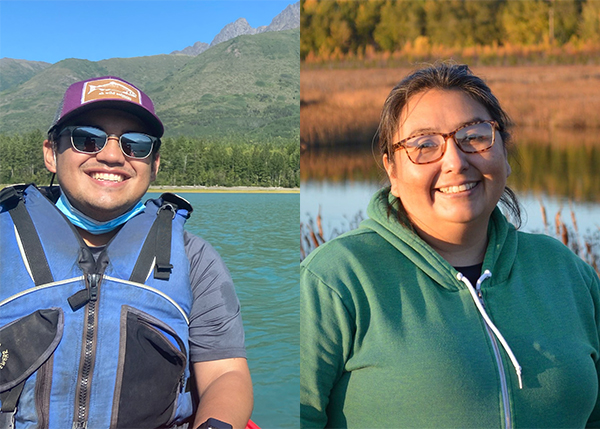
A full transcript of this episode is available in English and Spanish
Worldwide, over 1 billion people have a disability. Global data about indigenous persons with disabilities is lacking, but there is data to show that indigenous persons are more likely to experience disability that the general population (United Nations Department of Economic and Social Affairs). “The disability community within indigenous peoples is super underrepresented,” said Nathan Rabang.
In a recent episode from the Developmental Disabilities Network Journal’s podcast, Author Insights, Nathan Rabang and Vanessa Hiratsuka discussed the decolonization of disability among indigenous communities.
“Decolonization isn't a metaphor, it's an action,” Hiratsuka said. “This [action] is educating ourselves as to what are those histories of the people who we're working with […and] becoming aware of colonial history.”
There are programs currently pursuing the work of decolonization, like Oyáte Circles and Sisa. “[These programs] are actively making culturally appropriate systems and services available for indigenous peoples, and specifically indigenous peoples with disability,” Rabang said. “Finding [decolonized programs] and implementing their practices and their policies is something that can be done for programs that already exist.”
A key piece of decolonization is self-determination. “We don't want to get stuck only in the trauma of colonialism, but also to highlight the beauty [and] the impact of tribal […and] individual self-determination,” said Hiratsuka.
“Self-determination is vital, and the application of it in the disability community is choice in education, choice in services, choice in every aspect of their life,” said Rabang. “And for tribal populations, tribal sovereignty is self-determination for them.”
“Tribal communities are experts on how they want to live and how they ought to live. [Individual with disabilities] are the experts on how they ought to be treated and what ought to be done there,” said Hiratsuka. “The journeys of individuals and the journeys of communities are important.”
Decolonization and self-determination are powerful tools in the progress of the disability community within indigenous peoples.
You can learn more about the journal and its companion podcast on our website. Subscribe to DDNJ Author Insights on Apple Podcasts, Spotify and Google Podcasts.

